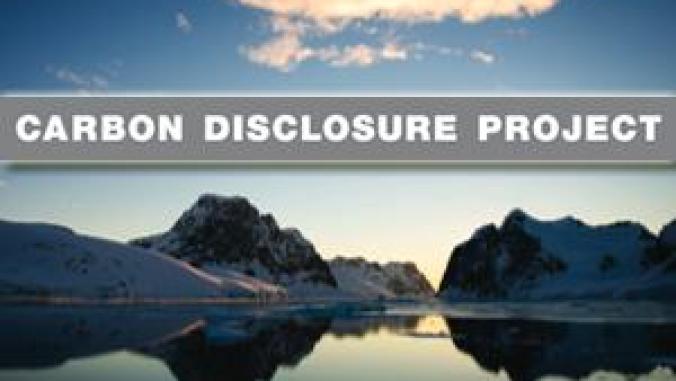Insurance Regulators Backtrack on Climate Disclosure Plans
<p>Reversing course from a landmark decision made one year ago, insurance regulators on Sunday backed off plans to require insurers to disclose the risks they face from climate change. Official policy now allows insurers to voluntarily offer the information, which will remain private.</p>

Image CC licensed by Flickr user ingridtaylar
Reversing course from a landmark decision made one year ago, insurance regulators on Sunday backed off plans to require insurers to disclose the risks they face from climate change, switching instead to a voluntary and confidential framework rather than mandatory public disclosures.
The newly adopted survey, however, allows the possibility for states to determine how and if the climate change disclosure survey is even distributed. States have always had the ability to require insurance companies to reveal their climate risks, even if it violates NAIC policy.
The National Association of Insurance Commissioners (NAIC) voted Sunday at the end of their Spring National Meeting to allow insurance companies with annual premiums greater than $500 million to instead voluntarily fill out an eight-question survey on how they are reducing impacts, assessing and managing risks, and helping policyholders minimize exposure. The new rules also call for the responses to remain confidential, instead of making the inf public.
The development follows what has so far been a disappointing year for supporters of climate change legislation. Following a widely panned climate change conference in Copenhagen, U.S. lawmakers have to date been unable to deliver a comprehensive climate bill with enough political support to pass both chambers of Congress.
At the same time, insurers -- representing the largest industry in the U.S. -- are on the front lines in terms of exposure to extreme weather events linked to climate change, such as wildfires or drought. Yet they aren't always telling their investors about how climate change could impact their financial health: A 2009 study from investor advocacy group Ceres found the industry tended to leave investors in the dark about basic business decisions on climate risk. Of six industries analyzed in the report, insurers scored the lowest in three disclosure areas studied.
The newly adopted survey, however, includes language allowing individual states to determine if and how the survey is handled.
"In the end, the substantive impact of this ought to be minimal," said Andrew Logan, director of oil and insurance programs at Ceres, which worked with the NAIC on the disclosure framework. "In the end, this is a state-based process."
Logan said a number of states, including Washington, California and Pennsylvania, will move ahead with plans to require climate disclosure from insurers, in spite of Sunday's 27-22 vote. He expects NAIC to give the industry a clear sense of where this goes next, in terms of how states will implement the survey, and timing. The original survey was due May 1.
While the original NAIC vote to require insurer disclosure was considered at the time to be controversial, now it is the process by which Sunday's vote took place that has raised some eyebrows. According to Logan and published reports, the NAIC voted on the new survey language before anyone had seen the new version or it had been made public.
"Everything was done behind closed doors," Logan. "Literally up until the vote happened on Sunday night, there was no public indication that the NAIC was not thinking about moving ahead with what had unanimously been approved a year before."
Image CC licensed by Flickr user ingridtaylar.




